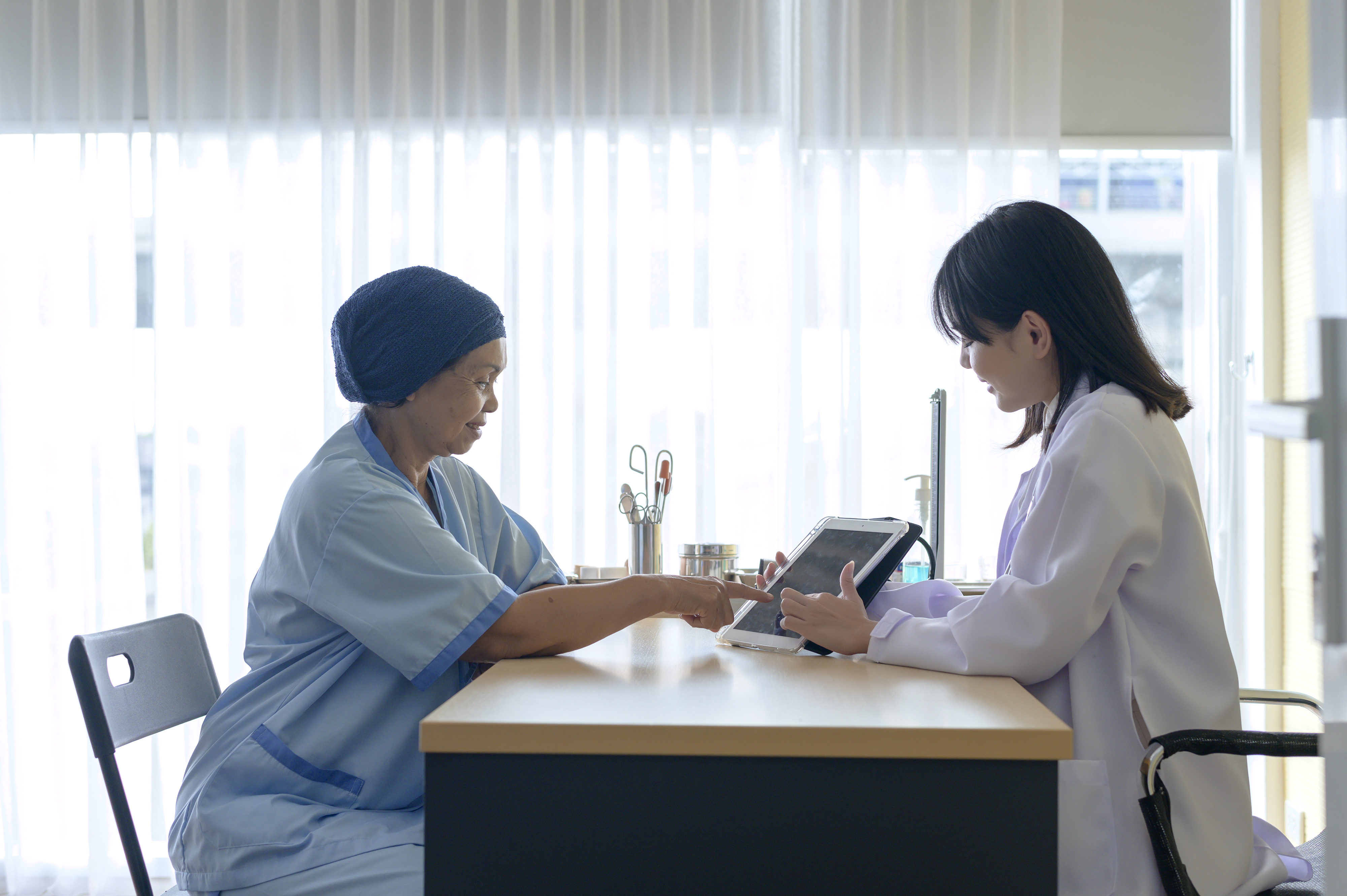
Creating Your Personalized Cancer Recovery Plan: A Step-by-Step Guide
Creating Your Personalized Cancer Recovery Plan: A Step-by-Step Guide
Most cancer recovery plans focus on treatments alone, leaving out the whole person behind the diagnosis. You deserve a personalized cancer recovery plan that honors your body, mind, and spirit all at once. This step-by-step guide shows you how to blend holistic cancer treatment with proven methods so you can build cancer resilience and find real hope in your healing. Learn more about planning your future here.
Understanding Your Cancer Diagnosis

Facing a cancer diagnosis can feel overwhelming. Although the news is tough, understanding your situation is the first step toward empowerment. It’s crucial to start by processing your emotions and building a network to support you through this journey.
Navigating Initial Emotions
When you first hear the word "cancer," a wave of emotions might crash over you. Fear, confusion, and even anger are common feelings. Recognizing this emotional rollercoaster is important. It’s okay to feel the way you do. Begin by talking with someone close—a friend, family member, or counselor. They can provide comfort and help you organize your thoughts.
Journaling is another useful tool. Putting your feelings on paper can ease the mental load. Try writing for just a few minutes each day. You might notice patterns in your emotions or even discover what triggers certain feelings. Understanding these triggers can help you manage stress better. Remember, you’re not alone. Many have walked this path before you, and there is strength in shared experiences.
Building a Supportive Network
Creating a strong support system can make all the difference. Start by reaching out to family and friends. Let them know how they can assist you—whether it’s helping with errands, attending appointments, or just being there to listen. Having a close-knit circle can provide the emotional backing you need.
Consider joining a support group. Connecting with others who understand your situation can be incredibly empowering. Sharing stories and advice can create a sense of community and belonging. For more resources, you can visit Cancer Support Community and explore their offerings. Building a supportive network is about finding people who uplift you and offer strength when you need it most.
Designing Your Recovery Plan

Once you’ve built a foundation of understanding and support, it’s time to design a recovery plan that suits you. This plan will guide you through setting goals and exploring holistic treatments.
Setting Realistic Goals
Creating goals is a powerful way to take control. Start with small, manageable targets. Instead of saying, "I want to feel better," try setting a goal like "I will take a short walk every day." Achieving small goals can boost your confidence and lead to bigger victories.
Consider writing down your goals. Whether you’re looking to improve your physical health or mental well-being, having a clear list can help you stay focused. Be sure to celebrate each achievement, no matter how small. For guidance on setting goals, check out the American Cancer Society’s tips on treatment planning.
Integrating Holistic Treatments
Holistic treatments can complement your recovery journey. Techniques like acupuncture, massage, and yoga can enhance your physical and emotional health. These treatments aim to treat the whole person, not just the illness.
Research shows that holistic practices, like yoga, can reduce stress and improve mental clarity. You might explore options like meditation or aromatherapy to find what resonates with you. Always discuss with your healthcare provider to ensure these methods align with your traditional treatments.
Consider visiting LIVESTRONG for more insights on creating a survivorship care plan. Blending different approaches can empower you to take charge of your journey and foster resilience.
Strengthening Mind-Body Connection

Building a connection between your mind and body is vital for recovery. Let’s explore how mindfulness and nutrition can support your well-being.
Practicing Mindfulness and Meditation
Mindfulness is about being present and fully engaging with the moment. It can reduce anxiety and promote relaxation. Start by dedicating just five minutes each day to focus on your breath or a soothing sound. This practice can bring clarity and peace to your mind.
Meditation is another powerful tool. You don’t need to be an expert to start. Simple guided meditations can help you find calm and improve your mental resilience. Most people think meditation requires hours of practice, but even a few minutes can make a difference. If you're new to meditation, there are plenty of online resources and apps available to guide you.
Embracing Nutrition and Exercise 🌿
Nutrition and exercise play a significant role in cancer recovery. Eating a balanced diet rich in fruits, vegetables, and lean proteins can boost your energy levels. It’s not about following a strict diet, but about making choices that nourish your body.
Exercise, even in small amounts, can improve your mood and overall health. A short daily walk or gentle yoga can work wonders. Remember, the goal is to move in a way that feels good to you. For more tips on maintaining a healthy lifestyle after treatment, visit NCI’s Survivorship Guide.
Ready to Take the Next Step?
Feeling overwhelmed? You're not alone. Many people feel lost when planning their recovery. But here's the good news: you don't have to do it solo. At The Cancer Conversation, we offer personalized consultations to guide you every step of the way. Our experts will help you tailor a plan that meets your unique needs and empowers your healing journey. Book a consultation today and start creating a recovery plan that’s truly yours.







